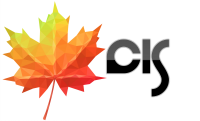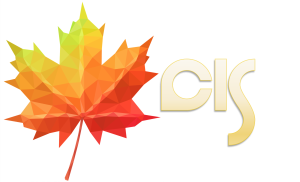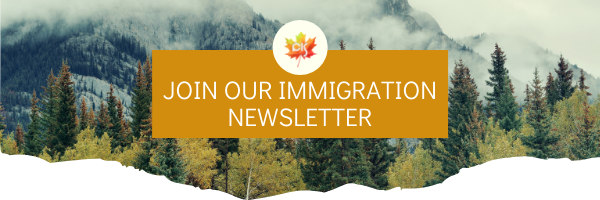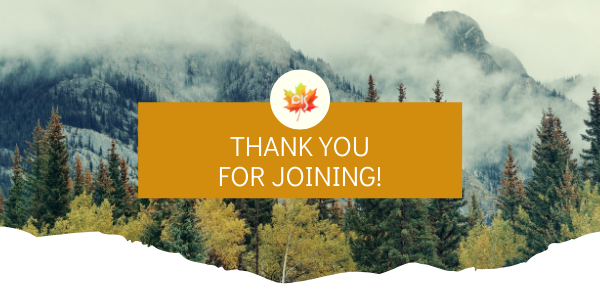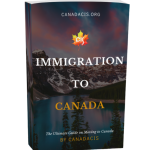How to get ready for the flight to Canada
Home » Blog » Immigration to Canada » Check List: What Should I Do Before Going to Canada?
And now that you plan of being one of them, what’s the next step?
Well, before you purchase that one-way ticket out of your hometown, you’ll need to know some crucial information before heading to Canada, and we’ve got it all in this article for you! 😉
Table of Contents
Canadian Requirements for a Newcomer
Newcomers to Canada, whether they are immigrants, refugees, or temporary residents, may have different requirements and needs. Here is an overview of some of the key requirements and considerations for newcomers to Canada:
Legal Status and Documentation
Ensure that you have the necessary legal status and documentation to enter and stay in Canada. This may include a valid visa, work permit, study permit, or permanent residency status.
Accommodation
Find suitable accommodation. You can rent an apartment or house, stay in temporary housing, or explore options such as student housing or homestays, depending on your circumstances.
Utilize settlement services provided by the Canadian government and community organizations. These services can help you with everything from finding housing and employment to language training and cultural orientation.
Language Skills
English and French are the official languages of Canada. Depending on where you settle, you may need to improve your language skills in either or both languages to enhance your employability and integration.
Social Insurance Number (SIN)
Apply for a Social Insurance Number (SIN) if you plan to work in Canada. It is essential for tax and employment purposes.
Permanent Residency (if applicable)
If you are a temporary resident planning to transition to permanent residency, research the pathways and requirements for permanent residency in Canada.
It’s always best to know the formal requirements you’ll need and any further updates on the situation in Canada for immigrants before heading over. If you’d like a more in-depth explanation of Canada’s immigration updates, you can check out one of our recent articles on just that!
We’ve given a detailed list of what to gather and who qualifies to visit Canada for travel criteria and exemptions.
6 Months Before the Flight to Canada
So you’ve booked your flight, and it’s 6 months before you say farewell to your home. Even if your planned move is still half a year away, it’s still crucial for you to prepare yourself in advance for what is to come upon your arrival to Canada.
Learning to speak English or French proficiently is one of the most essential steps for newcomers to Canada. These are the official languages of Canada, and your ability to communicate effectively in one or both of them will significantly impact your success and integration in the country.
Why it’s Important:
Employment Opportunities: Proficiency in English or French is often a requirement for many jobs in Canada. Employers typically seek candidates who can communicate effectively with colleagues, clients, and customers.
Education: If you have school-age children or plan to pursue further education in Canada, strong language skills are crucial for success in the Canadian education system.
Community Integration: Language proficiency is key to social integration. It allows you to engage in conversations, build relationships, and actively participate in your community.
Access to Services: Understanding and speaking the official languages is essential for accessing essential services, such as healthcare, legal services, and government programs.
Safety and Emergency Situations: In emergency situations, being able to communicate in English or French can be critical for your safety and the safety of those around you.
Planning out your official accommodation during your stay in Canada is a crucial aspect of your journey as a newcomer. Here’s an expanded guide on how to approach this important step:
Understand Your Needs:
- Start by assessing your accommodation needs. Consider factors like the number of family members, budget, and the duration of your stay. Determine whether you need temporary accommodation upon arrival or if you can secure permanent housing right away.
Research Housing Options:
- Familiarize yourself with the different types of housing options available in Canada. These may include apartments, houses, condominiums, townhouses, and more. Research the rental market in your destination city to understand the availability and costs of these options.
Temporary Accommodation:
- If you don’t have permanent accommodation arranged before your arrival, plan for temporary housing. Options for temporary accommodation include hotels, motels, hostels, Airbnb rentals, and short-term furnished apartments. Consider booking temporary accommodation in advance, especially if you’re arriving during a peak season.
Budgeting:
- Create a budget for your accommodation expenses. Factor in rent or mortgage payments, utilities (such as water, electricity, and heating), and additional costs like internet, cable TV, and property taxes if applicable.
Location:
- Choose a location that suits your needs and preferences. Consider proximity to work or school, public transportation options, safety, and access to amenities like grocery stores, healthcare facilities, and parks. Research neighborhoods to find the one that aligns with your lifestyle.
👩🏻🎓 Education Diplomas Birth Certificates
🩺 Medical Examination Records
👰 Marriage or Divorce Certificates
🚗 Driver’s Licenses and Valid Government IDs
3 Months Before Moving to Canada
At 3 months before your arrival to Canada, you’ll need to start gathering more important items and making more significant decisions; some of these will include:
Why it’s Important: Selecting the right bank is crucial for managing your finances efficiently in Canada. A universal bank with a strong international presence can offer you several benefits, including the ability to withdraw cash anywhere in the world without transaction fees, which can save you money in the long run.
How to Do It:
- Research International Banks: Identify banks with branches or partner banks both in your home country and in Canada.
- Compare Account Types: Explore different account types, including those designed for newcomers, to understand their features, fees, and benefits.
- Open an Account: Start the account opening process well in advance to ensure you have access to your Canadian bank account upon arrival.
Why it’s Important: Terminating contracts and subscriptions in your home country ensures that you won’t continue to incur charges or obligations once you’ve left. It’s a crucial step in the process of transitioning to your new life in Canada.
How to Do It:
- Make a List: List all your contracts and subscriptions, including utilities, mobile phone plans, internet, cable TV, and any memberships (e.g., gym, clubs).
- Contact Service Providers: Reach out to each service provider and inform them of your intention to cancel or transfer services.
- Check Contract Terms: Review the terms and conditions of your contracts to understand any penalties or notice periods for cancellation.
- Provide Notice: Give your service providers the required notice in advance, as per your contracts.
Why it’s Important: Canada is a vast and diverse country with different provinces and territories, each offering unique opportunities and challenges. Learning about your specific destination in Canada will help you prepare for the local environment, resources, and community.
How to Do It:
- Research Online: Start by conducting thorough online research about the province or territory and the city or town you plan to settle in.
- Local Services: Look for information on local services, such as schools, healthcare facilities, public transportation, and community organizations.
- Climate and Culture: Understand the local climate and cultural norms, which may vary widely across Canada.
- Housing Market: If you haven’t already secured housing, research the local housing market and rental options.
Community Engagement: Consider joining online forums or social media groups specific to your destination in Canada. Engaging with current residents and newcomers can provide valuable insights and support.
By addressing these preparations three months in advance of your arrival in Canada, you can ease the transition process and ensure that you are well-prepared to navigate your new life in your chosen location. Remember that thorough planning and research can contribute significantly to a smoother and more successful immigration experience.
1 Month Before Moving to Canada
With 1 month left before your flight, it’s best to start fully and physically preparing yourself for the leave, such as:
- Start making copies of all important documents required for your travel and stay.
- Give away, let go, or sell the belongings you won’t be needing anymore after you leave, such as furniture, bulky electronics, or unnecessary supplies. Always go “light” during your move, but never forget to bring the essential things.
- Start planning how to pack your belongings.
Get Ready: 1 Week Before Moving Abroad
Your moving date to Canada is closer than you know it! With only 1 more week before your move abroad, you’ll need to make sure to notify specific people about your leave and here’s how:
🍁 Make sure your bank and the nearest social security office knows about your leave.
🍁 Start placing money into your international bank account.
🍁 Make sure to pack the most important things into your luggage before you forget and leave without them.
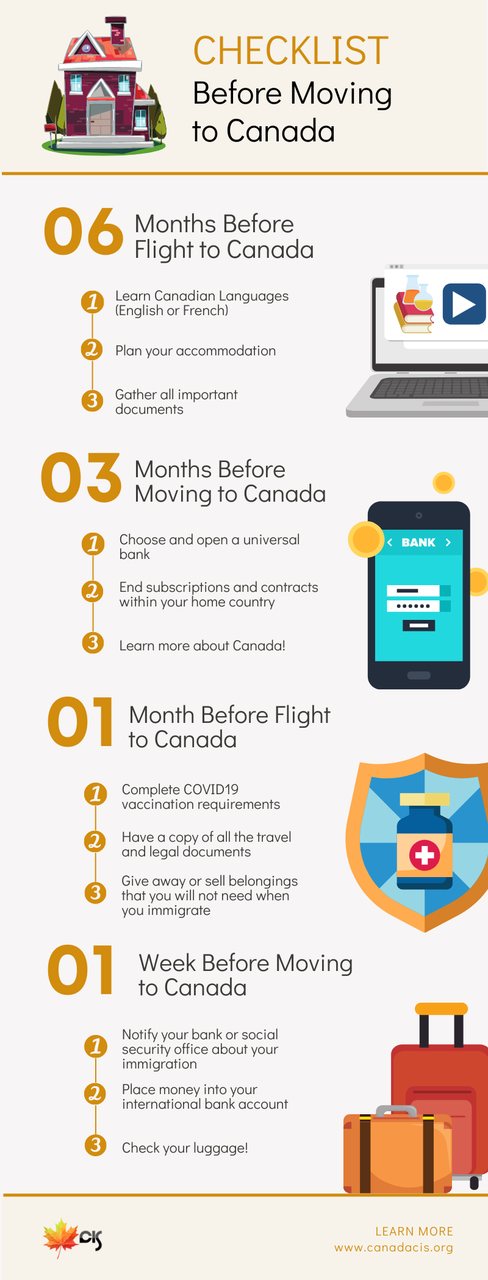
Ready, Steady, Go: Departure Day ✈
THIS IS IT! The day you’ve so longingly been waiting for, Departure Day! For this day, you should train yourself to keep a calm and collected mindset. Moving to another country and especially Canada, can make you feel so many beautiful things. Still, it’s always safe to stay calm, focused and prepare everything you’ll need to show upon boarding and landing the aircraft inside of your carry on luggage. Once that’s all set, the rest is up to you! 💪🏻
Moving to Canada is such a big step. It is not a 1-day process, and we don’t recommend you doing all these requirements last minute. It’s always best to be ready and to have everything you need before your move, which is why we wanted to provide you with all you’ll need to know during the months before your flight and upon departure day.
We believe you can do it and wish you nothing but success during your first few weeks and months upon arrival to the breathtaking land of Canada! 🙋🏻♀️🤞🏻
